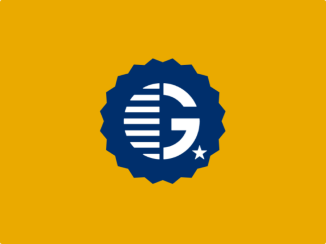Soviet

- 17-Jul-2013
Russia: A Palatial History
Generally speaking, it seems logical that the Soviet period of Russian history has had the longest lasting effect on theRead More ⇾

- 08-Jul-2013
An introduction to the frustrations of Russian language
All together, my trip from Jersey’s suburbs to St. Petersburg, Russia amounted to approximately 15 hours of travel. Partially theRead More ⇾



